A Cookie-less Future Does Not Mean a Data-less Future
As online platforms reach deeper into our everyday lives, users have far more ability to limit how they are tracked online. Combine this with government regulations on data collection and shifts in corporate policies, and we can expect the compensation of missing data to be filled with a more holistic view. But even as consumer trackability declines, organizations can continue to get exemplary results; they just need to fill the gaps. The trend will be toward a richer, more holistic approach – one that examines existing data in combination with behavior analysis, social listening and other tools – to gain big-picture insights that drive informed business decisions.
New Blog: Moore’s Proven Approach to Public Affairs Success
Liz Underwood, Moore Partner and Head of Public Affairs, reveals how our digital-first (but not digital-only) and first-party data targeting approach is changing the way advocacy campaigns work.
The Impact of Privacy Protections
When Apple first released the ability for users to have more direct control over their trackability in iOS, an estimated 25% of users became untrackable. Apple released more privacy features, and a study from Goethe University Frankfurt concluded that number is now closer to 88%. Similarly, when Google increased Android privacy and spearheaded the decision to sunset cookie usage to promote better online privacy, a cookie-less future became real.
There have been years of debate on what defines “cookie-less,” and there will continue to be volatility in approaching privacy vs. convenience. Currently, we can expect user-specific behavior data to appear in Privacy Sandboxes, a policy that Google is leading. This means that a cookie-less future is still likely, but now user data should not be shared, sold or used outside of a company’s sandbox. Google’s data belongs to Google’s network, Facebook data belongs to Meta, and so on. This also means that “Data as a Product” is all but dead.
So what’s next?
How are companies & marketers supposed to act when almost all user devices are on a platform that limits tracking? At Moore, we turn to the data. We have anticipated cookie-less users for a while now, and our paid media strategies reflect that reality. Recently, we analyzed a wide data set across multiple campaigns in a variety of industries, and we found our cookie-less campaigns performed as well, or even better, than our cookied campaigns. We measured an increased visibility through impressions, comparable Click-Through Rates and improved conversion rates.
When gaps in the data and mismatched numbers lead to a loss of confidence in a “source of truth,” we can still trust our data by embracing the gaps. For example, Google’s policies extend to all their products. Google Analytics employs data models to fill in unmeasured activity using measured data. This leads to trustworthiness in directional trending, general site engagement, and user behaviors that might be otherwise missing. We also recommend combining multiple data sets to help fill the gaps. Location tracking is often inaccurate, but we can use publicly available data to craft messaging strategies around audiences that live in certain zip codes, cities or regions.
The goal of data collection is not to compare different numbers to get perfect data. Instead, the goal is to use data to understand our audiences, discover their needs and ensure we are making progress. We can still achieve these goals in a cookie-less future. Business leaders who cultivate a Data Culture will inspire their team to discover the insights they need to overcome the most complex business challenges.


“It is important to not get caught up in the minutiae of data collection. There will be gaps in data that may appear as inaccuracies or flaws, but that is only because we are standing too close. When we step back, we see the full painting, and not just the brush strokes.”
D’Arcy Toffolo
Partner and Associate Vice President, Innovation and Technology

“With the continued rise of digital advocacy, public affairs campaigns that leverage data insights to enhance reach and engagement will drive stronger ROI with policymakers and other stakeholders.”
Liz Underwood
Partner and Executive Managing Director, Public Affair
To learn more about working with our team, please email Audrey Goff or call her at 850.224.0174. It would be our privilege to serve you today – and anytime in our bright, intriguing future.

